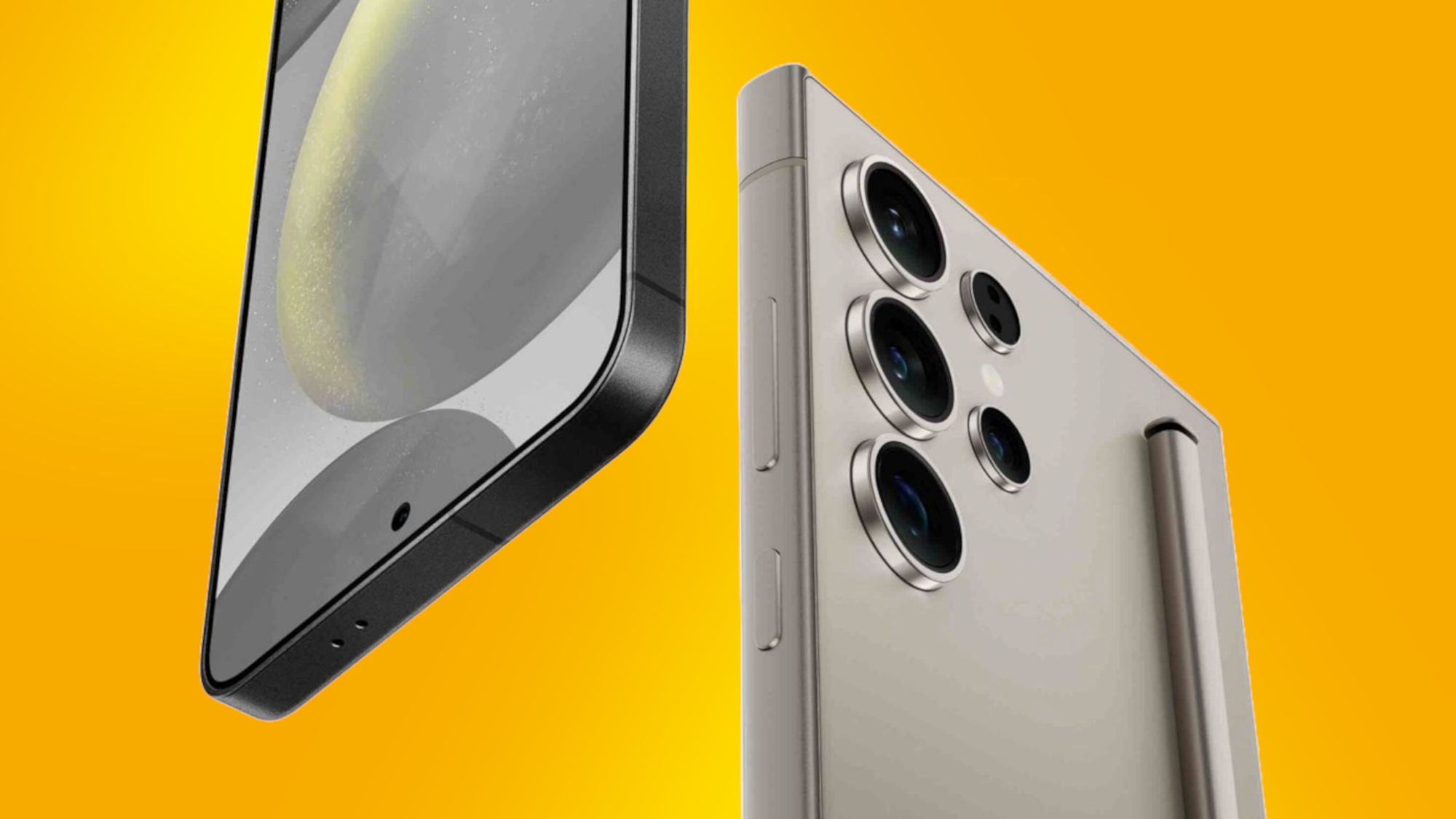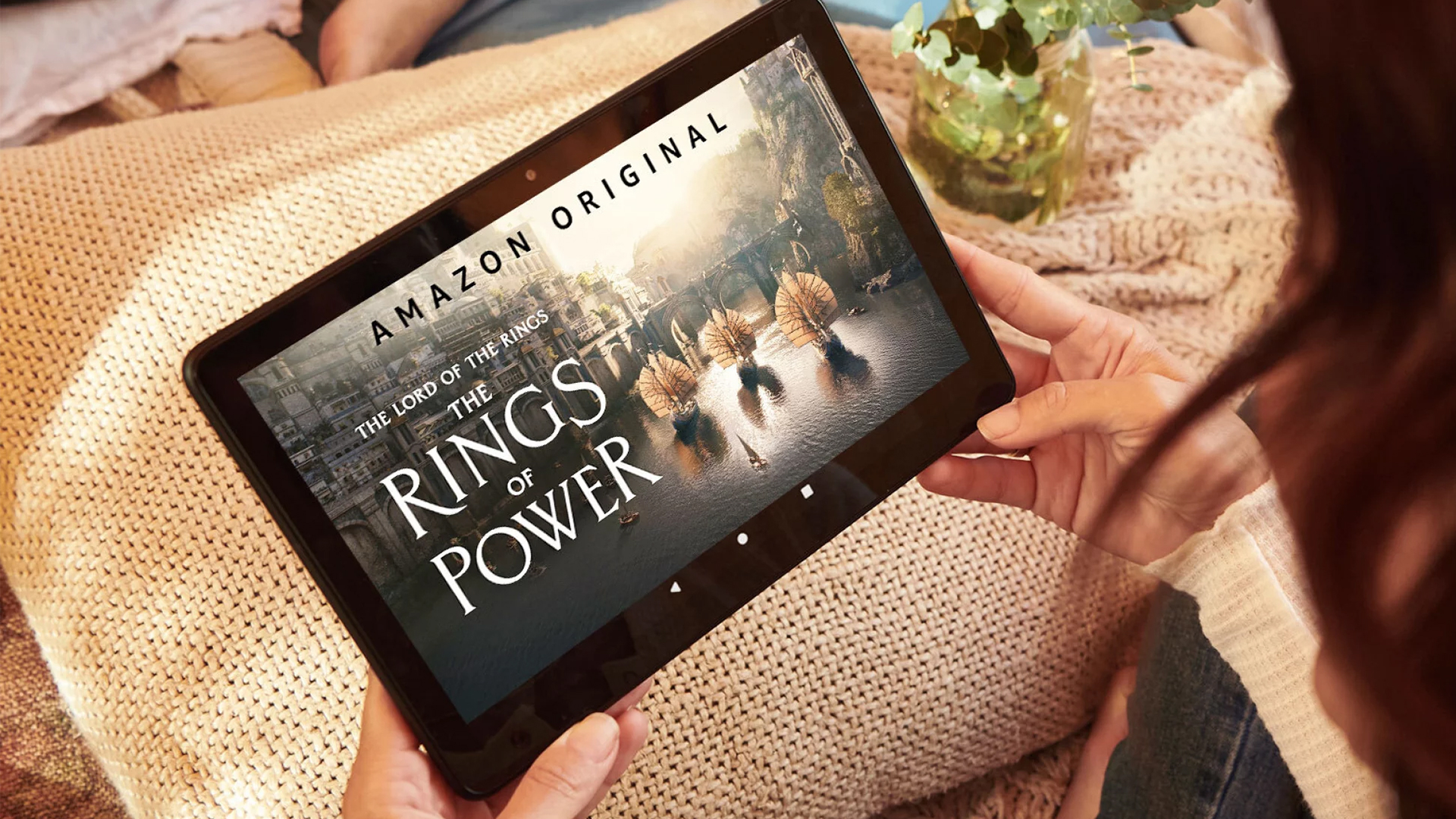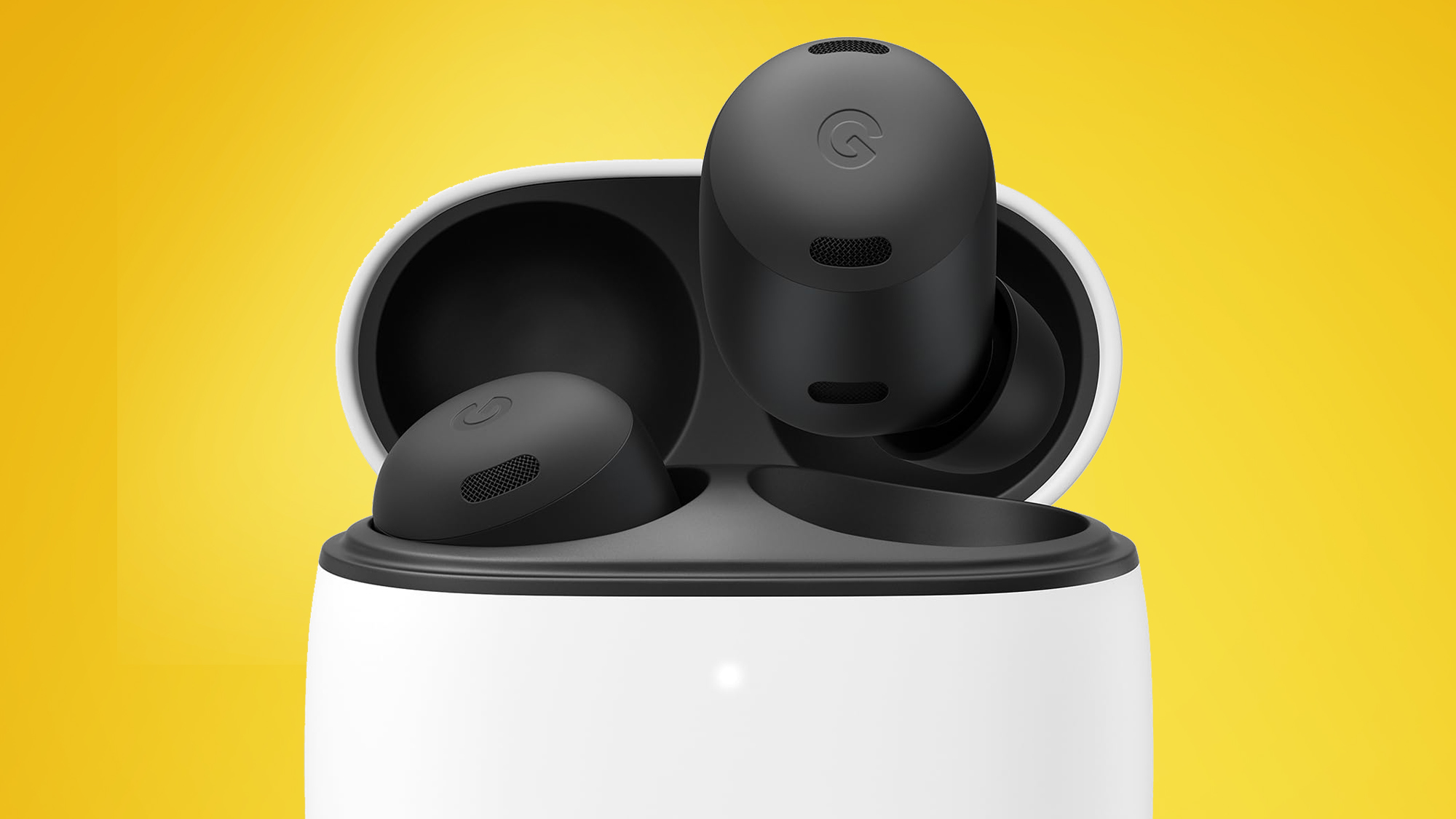This week in tech has been a busy one in world of AI. Not only did OpenAI give ChatGPT a human-like memory, it also launched its Sora video generation tool – and it’s mind-blowing.
Keeping on top of these and other fast-moving tech developments can be hard work, so we’ve hand-picked the seven biggest tech news stories from the past week to help you get caught up.
Looking to the days and weeks ahead, those of you in the US can look forward to the Presidents’ Day sales – and our deals experts have been working hard to help you bag a bargain on that shiny new piece of tech you’ve been after.
And at the end of the month all eyes will be on Barcelona, when the MWC 2024 trade show kicks off, with the stage set for a host of smartphone and other mobile tech announcements.
7. OpenAI blew our minds again with Sora’s AI-generated videos
Just when you thought the AI hype was over, OpenAI launched something to make you think – and look – twice this week. The ChatGPT maker’s latest trick is Sora, a text-to-video tool that can create shockingly realistic video clips from simple prompts. It’s both exciting and terrifying in equal measure.
While Sora hasn’t been released to the public yet, the quality of its clips looks like a real leap forward for AI-generated video. Scenes that have previously proven troublesome for algorithms to dream up – ones containing moving people, pets, and textures – seem to be no issue for Sora, which has some considerable computational grunt behind it.
OpenAI says Sora is still being tested internally, and it’s certainly still far from perfect. But the implications for stock video, advertising, gaming and even movies are clear. Goodbye reality, it was nice knowing you.
6. More Samsung Galaxy S24 display issues emerged

Samsung’s Galaxy S24 phones are flying off the shelves, but several users are continuing to encounter some frustrating display issues.
Shortly after the Galaxy S24, Galaxy S24 Plus, and Galaxy S24 Ultra were released last month, complaints were leveled at the phones’ vivid display mode, which reportedly produced an ugly, washed-out color palette. Samsung has since announced a software patch for that particular issue – but this week more display-related criticisms emerged.
Several Reddit users have reported seeing a grainy texture when viewing dark and gray colors on their Galaxy S24 displays, while others have reported seeing “frankly unacceptable” horizontal bars when viewing their displays at low brightness.
Those affected by the latter problem have also reported seeing excessive banding when viewing gradient images, so we wouldn’t be surprised to see Samsung issue a second display-related update in the coming weeks.
5. We were introduced to smart earrings

A team of researchers from the University of Washington have unveiled the Thermal Earring. It’s a smart earring that can very accurately measure body temperature, thanks to a sensor in the stud that takes a reading in your ear, and a second sensor that dangles below and measures the ambient temperature.
This two-sensor setup then beams the data to a compatible Bluetooth device, and based on tests so far it’s much more accurate than a typical smartwatch – though the study has only had six participants.
If the earring proves to be a genuinely useful upgrade for temperature tracking, and the design can be tweaked to look more pretty, it’s hoped this kind of device could soon be a valuable tool to help people track their menstrual cycle and warn of fevers, stress, and other issues that affect body temperature.
4. Prime Video cut Dolby Vision and Atmos support from its ad-supported tier

Amazon brought ads to Prime Video a couple of weeks ago, and to get rid of them you have to pay an extra $2.99 a month in the US, or £2.99 in the UK (subscribers in Australia won’t have to pay extra to remove ads until later this year, and we don’t yet know how much it’ll cost them).
This was frustrating enough for people who prefer ad-free content, but Amazon made it worse by revealing that if you don’t cough up for ad-free streaming you also won’t get Dolby Vision or Dolby Atmos support in the content you watch.
This is the latest anti-consumer move made in the streaming space, with ads and price hikes having been inflicted on many of the best streaming services over the past few months. We hope that Amazon reverses course on Dolby support for its ad-supported tier, but we aren’t holding our breath.
3. Samsung and Google battled to give us invisible AI friends

Samsung and Google both went big on AI features for their latest flagship phones, and now it’s time for the next step – bringing that AI assistance to their wireless earbuds. This week, Samsung drew first blood by rolling out an over-the-air update to its Galaxy Buds 2 Pro, Galaxy Buds 2 and Galaxy Buds FE buds that gives them Live Translation and Interpretation powers.
The downside? For now, you’ll need a Galaxy S24 phone to use these AI features, although they will come to older phones in time, as they work on-device rather than needing an internet connection. And Google isn’t far behind, with some recently-discovered code in its Gemini app hinting that its new assistant will be coming to compatible headphones soon, too.
2. Marvel made some Fantastic announcements

After a brutal 2023, Marvel has come out swinging with a bunch of exciting announcements this week.
Leading the charge was the long-overdue confirmation of Marvel’s Fantastic Four film cast, but that’s not all we learned about the highly-anticipated MCU flick. The forthcoming superhero movie also landed a new release date, title (The Fantastic 4), and a retro-futuristic poster – the latter of which teases when Marvel’s Fantastic Four movie will be set.
Alongside the arrival of Deadpool 3’s first trailer – read our Deadpool and Wolverine trailer breakdown for more details – and the unveiling of upcoming Disney Plus show X-Men 97’s official launch date and teaser, there’s lots to look forward to in Marvel Phase 5 and beyond.
1. ChatGPT got a human-like memory

Not to be outdone by OpenAI’s shiny new Sora tool (see entry #7), ChatGPT also got a significant upgrade this week – for some early testers, at least. OpenAI revealed that it’s given ChatGPT a memory to help it remember all of your preferences, interests and quirks, so that it can apply that knowledge in future chats.
While the feature is still only in testing on both the free and paid versions of ChatGPT, it’s another significant moment for the rapidly-evolving technology. It means that, unlike most of today’s AI sidekicks, your new conversations will no longer start from scratch, with ChatGPT using its knowledge of your tastes to work more efficiently for you – and ultimately seem even more human-like.
Leave A Comment
You must be logged in to post a comment.